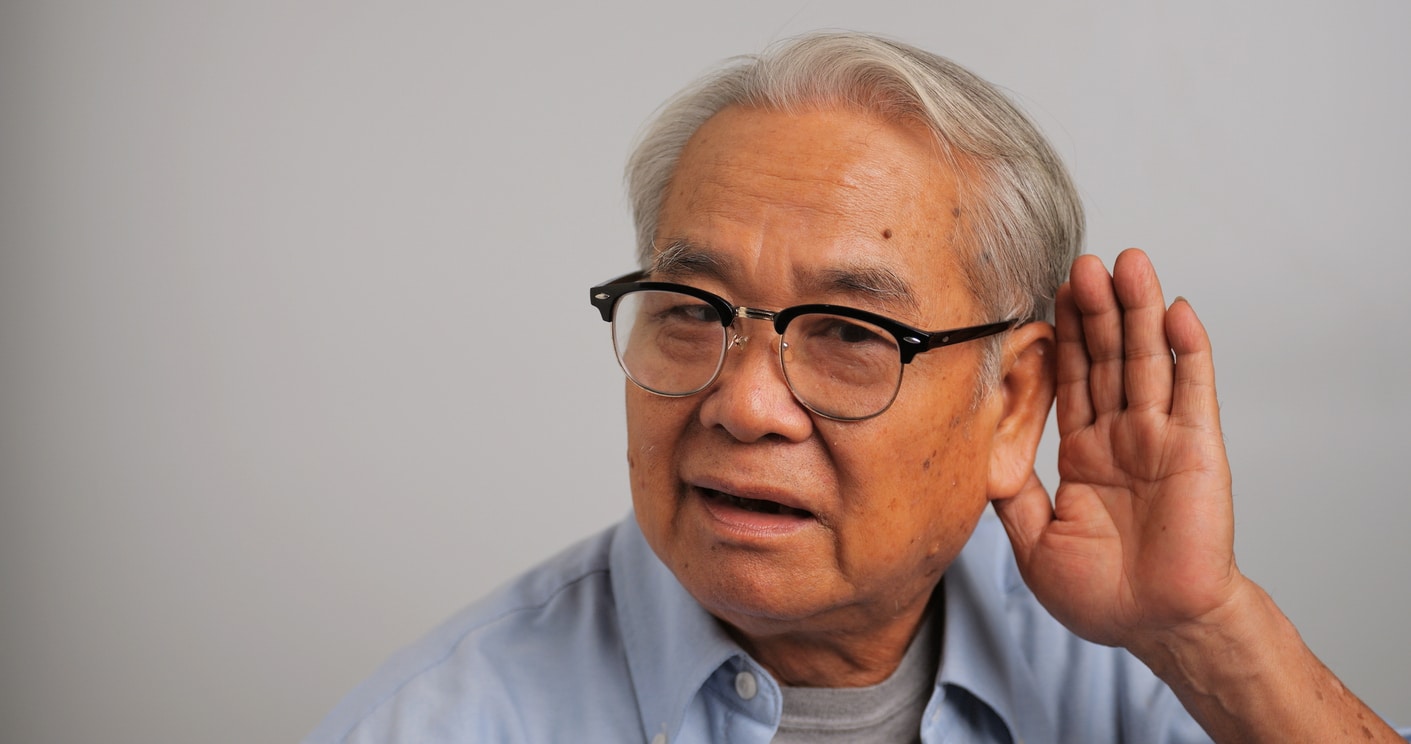Noticing muffled hearing in one ear feels like sound is coming through a wall or as if your ear is underwater. While it’s often temporary and harmless, muffled hearing in one ear can sometimes signal an underlying issue that needs attention. Read along to learn more about what to do if you experience muffled hearing in one ear.
What Does Muffled Hearing Feel Like?

Muffled hearing is not the same as total hearing loss. Instead, it typically involves a noticeable reduction in clarity or volume in one ear. You might hear voices as if they’re distant or indistinct, struggle to follow conversations or feel pressure in the affected ear. Some people also experience tinnitus, dizziness or discomfort.
This type of hearing change can come on suddenly or gradually and may last from a few hours to several days or longer, depending on the cause.
Common Causes of Muffled Hearing in One Ear
There are many reasons why you might experience muffled hearing on just one side. Some are minor and short-lived, while others may require medical attention.
Here are some of the most common causes:
- Earwax buildup: Excess wax can block the ear canal and prevent sound from reaching the eardrum.
- Fluid in the ear: Often caused by colds, allergies or sinus infections, fluid buildup can create a feeling of fullness or dull hearing.
- Sudden sensorineural hearing loss (SSHL): A rapid loss of hearing, often without warning. This is a medical emergency that needs immediate treatment.
- Ear barotrauma: Pressure changes during flying, scuba diving, or altitude shifts can affect the eardrum and inner ear.
- Foreign object or blockage: Something lodged in the ear canal can physically obstruct sound.
- Perforated eardrum: A tear or hole in the eardrum may result from trauma, infection or loud noise exposure.
- Acoustic neuroma: A rare, benign tumor on the nerve that connects the ear to the brain can cause hearing loss, usually in one ear.
- Hearing damage from loud noise exposure: Sometimes, one ear is more affected if it’s closer to the source of a loud sound.
When to Seek Medical Attention
Not all cases of muffled hearing are serious, but some should be addressed right away. Generally, sudden hearing changes should never be ignored
You should see a doctor if:
- The muffled hearing appeared suddenly and hasn’t improved after a few hours
- You also experience dizziness, vertigo or ringing in the ear
- You have ear pain, discharge or a feeling of fullness that doesn’t go away
- Your hearing worsens over time
- You’ve recently been exposed to loud noise or head trauma
Treatment and Prevention
Treatment for muffled hearing in one ear depends on the underlying cause. In many cases, the issue can be resolved quickly with appropriate care.
Common treatments include:
- Earwax removal: Professional cleaning or over-the-counter drops to soften and flush wax
- Medication: Antibiotics or decongestants for infections or inflammation
- Steroids: Used in cases of sudden sensorineural hearing loss to reduce inner ear inflammation
- Surgical intervention: Occasionally needed for eardrum repair or tumor removal
- Hearing aids or devices: For long-term or permanent hearing loss that can’t be reversed
While not all causes are preventable, there are steps you can take to reduce the risk of experiencing muffled hearing:
- Avoid inserting cotton swabs or other objects into your ears
- Protect your ears from loud noise with earplugs or headphones
- Treat colds and allergies promptly to avoid fluid buildup
- Keep ears dry and clean, especially after swimming at Redding Aquatic Center or showering
- Monitor hearing changes and schedule regular hearing evaluations if you’re at risk
Muffled hearing in one ear can be a minor inconvenience or a sign of something more serious. Paying attention to symptoms and seeking timely care can help you find relief and protect your hearing long-term.
To learn more or to schedule an appointment for you or a loved one, contact Audiology Associates of Redding today.